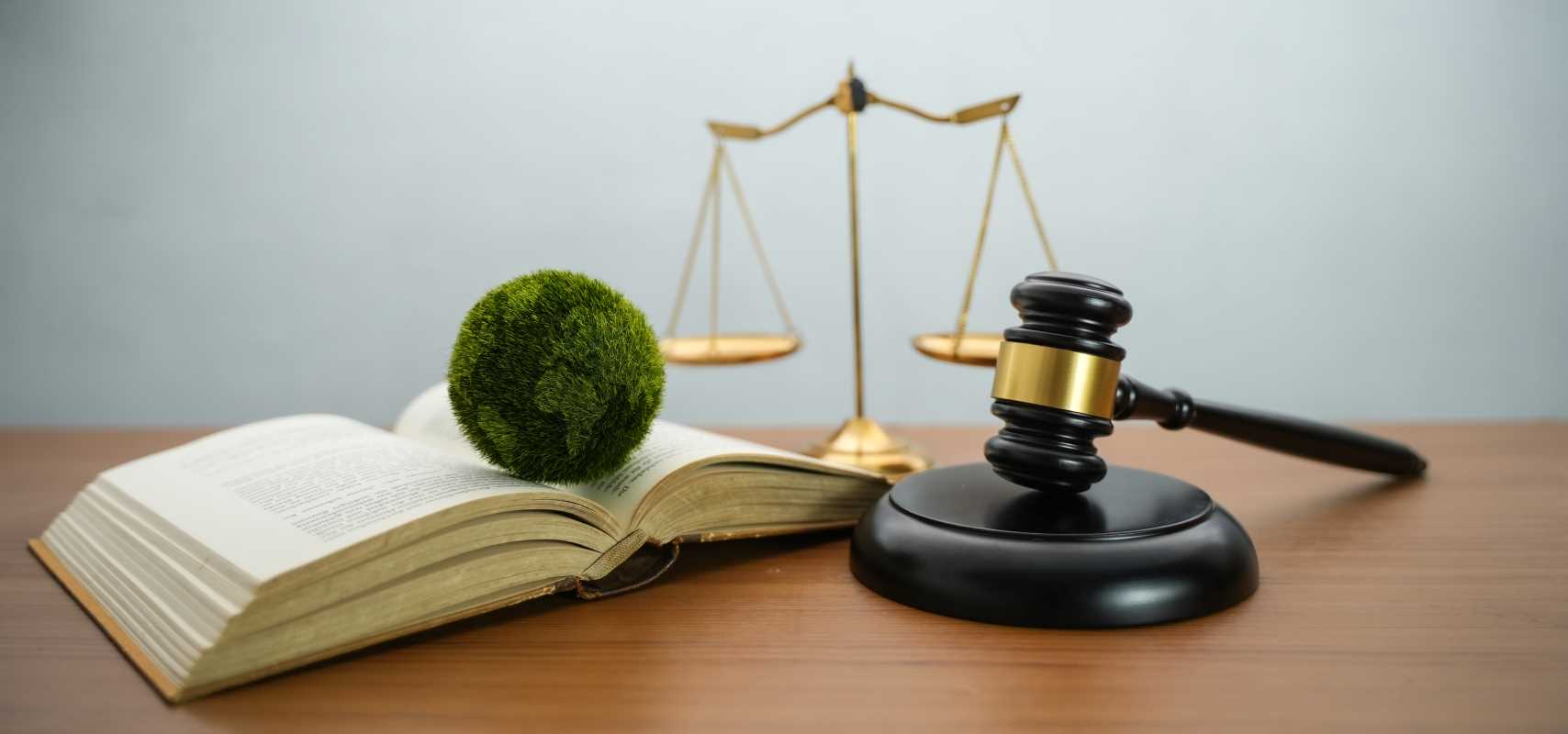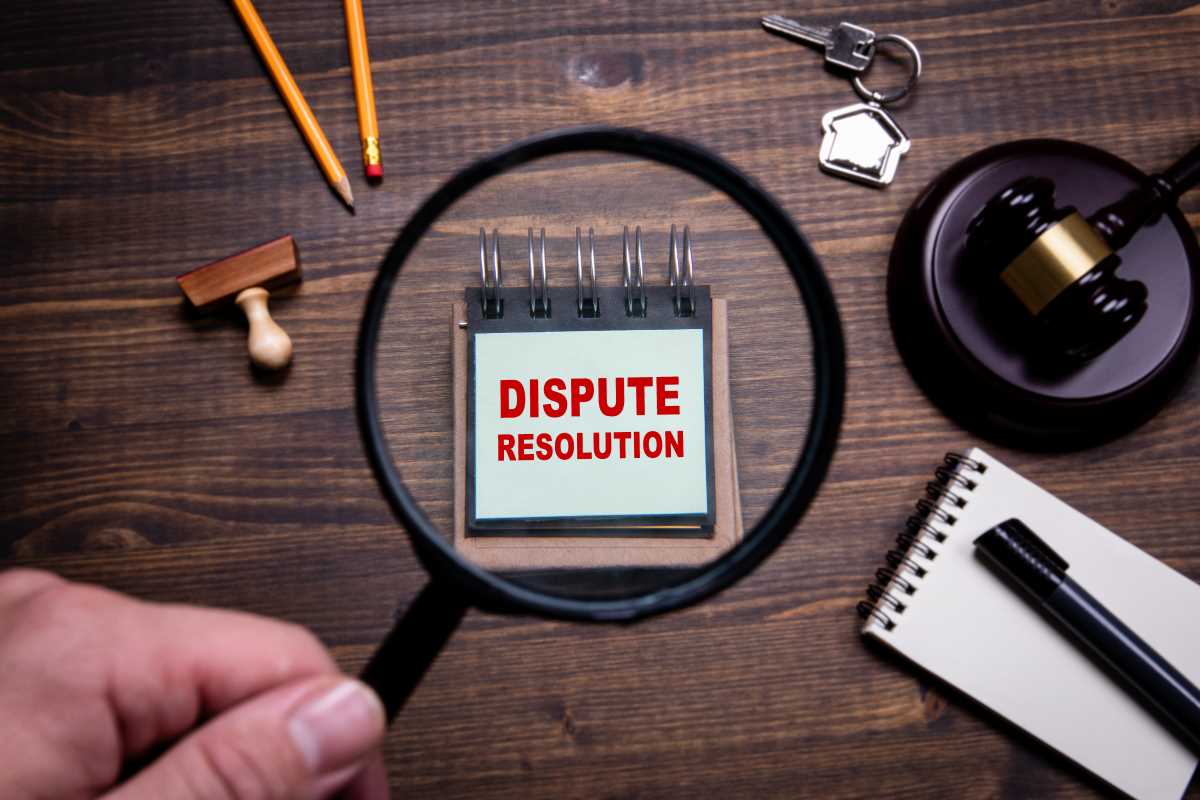Renting a property provides flexibility and convenience, making it an attractive option for many. However, it also comes with responsibilities and requires tenants to know their rights to avoid potential issues. Understanding your rights as a tenant is essential for ensuring a positive rental experience, addressing disputes effectively, and fostering a fair relationship with your landlord. From security deposits and maintenance obligations to eviction procedures and privacy laws, knowing these key aspects empowers you to protect your interests. Below, we look into the essential components of tenants’ rights, offering detailed insights to help you navigate the rental process confidently.
Fair Housing Laws: Ensuring Equal Opportunity
Fair housing laws protect tenants from discrimination based on specific characteristics, including:
- Race, color, or national origin
- Religion
- Sex, gender identity, or sexual orientation
- Family status (e.g., having children)
- Disability
Example: If a landlord refuses to rent a property to a family with children, citing concerns about noise, this could constitute discrimination under fair housing laws.
How to Protect Yourself:
- Familiarize yourself with local and federal fair housing laws.
- Report discriminatory practices to housing authorities or organizations like the U.S. Department of Housing and Urban Development (HUD).
Security Deposits: Knowing Your Rights
Security deposits serve as financial protection for landlords, but tenants have rights regarding their use:
- Permitted Uses: Landlords may deduct for unpaid rent or damages beyond normal wear and tear.
- Return Timeline: Many jurisdictions require landlords to return security deposits within a specified timeframe (e.g., 30 days after move-out).
Tips for Tenants:
- Document the property’s condition with photos and videos at move-in and move-out.
- Request a detailed itemized list if deductions are made from your deposit.
Repairs and Maintenance: Living in a Habitable Environment
Landlords are responsible for ensuring the property is safe and habitable, which includes addressing:
- Plumbing and electrical issues
- Heating and cooling system failures
- Structural problems like roof leaks
What Tenants Can Do:
- Notify your landlord in writing about maintenance issues.
- If repairs are not made, check local laws for options such as withholding rent, hiring a professional to fix the issue, and deducting costs from your rent (with proper documentation).
Privacy Rights: Maintaining Personal Space
Tenants are entitled to privacy, even though landlords own the property. Typically, landlords must:
- Provide advance notice (e.g., 24–48 hours) before entering your unit, except in emergencies.
- Enter the property only for valid reasons, such as repairs or inspections.
Protecting Your Privacy:
- Review your lease for entry notification policies.
- Report any violations to local tenant advocacy groups or housing authorities.
Lease Agreements: Understanding Your Contract
Your lease agreement outlines the terms of your rental arrangement, including:
- Rent amount and payment schedule
- Lease duration (e.g., month-to-month, annual)
- Rules for pets, subleasing, or property modifications
Before Signing a Lease:
- Read every clause carefully and ask questions about unclear terms.
- Negotiate any conditions that seem unreasonable, such as excessive late fees.
Tip: Always keep a signed copy of the lease for your records.
Eviction Procedures: Protecting Against Unlawful Practices
Eviction is a serious matter, but landlords must follow legal protocols, such as:
- Providing written notice (e.g., for non-payment or lease violations)
- Filing for eviction through the courts, if necessary
How to Respond:
- Review the reason for eviction and gather evidence if you believe it’s unjustified.
- Attend court hearings and seek legal counsel if needed.
Pro Tip: Keep records of all communication with your landlord to support your case if disputes arise.
Additional Tips for Tenants
To enhance your rental experience, consider the following practices:
- Maintain Open Communication: Regularly communicate with your landlord to address concerns early.
- Stay Informed: Familiarize yourself with local tenant rights laws, which vary widely by state or municipality.
- Document Everything: Keep written records of repairs, rent payments, and disputes.
Empowering Tenants with Knowledge
Understanding your rights as a tenant is key to a secure and positive rental experience. From knowing how fair housing laws protect you to ensuring your privacy and security deposit rights, being informed empowers you to handle challenges effectively. Whether you’re new to renting or a seasoned tenant, these insights can help foster a respectful relationship with your landlord and make your rental experience successful. Stay proactive, stay informed, and protect your rights.
 (Image source: Unsplash)
(Image source: Unsplash) 





